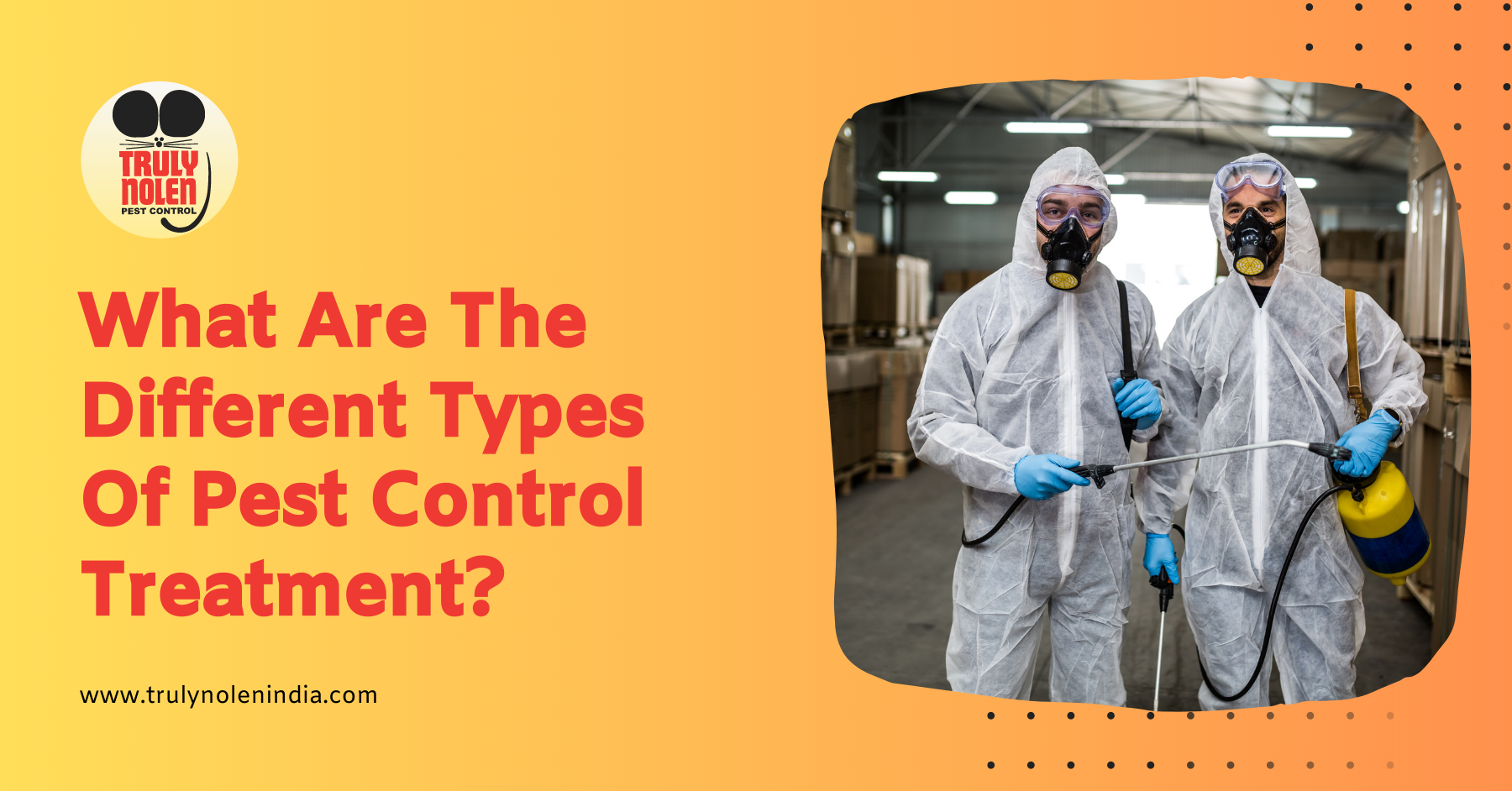The Main Principles Of Pest Control
The Main Principles Of Pest Control
Blog Article
The Buzz on Pest Control
Table of ContentsExamine This Report about Pest ControlThe smart Trick of Pest Control That Nobody is Talking AboutFacts About Pest Control UncoveredThe Ultimate Guide To Pest ControlNot known Details About Pest Control
Examine plants carefully (tops of fallen leaves, bottoms of fallen leaves, stems, and dirt) prior to planting to make sure they are tidy. Consider growing recognized as resistant to insects. Resistant cultivars are those that ward off, are unattractive to, or otherwise are improper as food for certain pests or that hold up against feeding by particular insects with little decrease in return or high quality.If deer are a trouble in a yard, choose a plant that is normally immune to deer predation over a plant that is much more appealing to deer. Growing 2 similar crops in successive years has a tendency to boost insect issues.
Some insects hibernate in the soil or trash around plants or lay eggs in or on the host plant. Usage related crops in a site just when every three or four years.
Crop turning is most efficient on pests that develop on a couple of plants. Avoid positioning all plants of one kind together; rather spread them throughout the garden (Figure 85). Consider rotating teams of different plants within rows or spots. Insects that come to be severe on cabbage possibly additionally infest nearby mustard, broccoli, and collards, however they may not spread out to cabbage planted on the other side of the garden.
Not known Facts About Pest Control

Weeds and yards can nurture both bugs and advantageous pests. Spider mite issues are less, for example, if broadleaf weeds near fruit trees are eliminated. If the weeds are closely relevant to the plant plants, they can harbor insect bugs and must be eliminated. Bugs with a broad host rangesuch as armyworms, crickets, cutworms, flea beetles, insects, lygus pests, slugs, snails, have an odor insects, and dig this thripsoften occupy slim locations and can relocate to neighboring preferable plants.
It is necessary to trim weeds before a plant is established to stop bugs from transferring to the desirable plants. Weeds can be a forage, nectar, or plant pollen source for advantageous microorganisms. Milkweed (Asclepias spp.) is the larval plant to the emperor butterfly. Weeds that attract bugs can be a feeding ground for birds.
The Greatest Guide To Pest Control
The flowers of thistle, plantain, knotweed, and dandelion are necessary to honey populations. Getting rid of weeds after flowering but before seed set supplies food for the honey bees however keeps the weeds from remaining to spread out. An additional means to manage insect bugs is to plant a plant that is really eye-catching to pests and after that treat the catch plant with pesticide.
Plant turning is a useful social approach for lowering pest and disease concerns, but numerous gardeners do not have the room to sufficiently apply this method. Where room is restricted, it may be best to allow the garden to lay fallow for a year or 2 or even more. Think about elevated basics beds with new soil or plant in containers when you know a condition trouble exists.
Leave a few inches of area around the trunk of the plant when mulching. Scot Nelson Flickr Figure 84. Plant rotation is essential.

More About Pest Control
Almost any kind of large non-venomous bug can be selected off at any type of phase. To prevent the job of hand-squashing the parasites, knock the bugs and egg clusters into a coffee can or quart container with a percentage of water and a little bit of meal detergent. Insect traps can aid with detection and management.
These catches do not capture some wingless species, as well as those species energetic only during the day (diurnal) as opposed to energetic during the night (nighttime). Scent catches are made use of for finding the existence of insects or in some cases for interrupting insect breeding behaviors. Adult women produce and launch a chemical smell appealing to males of the same species.
Rain, awesome temperatures, wind rate, and wind direction can decrease the appeals' performance. The ideal success occurs when the bug density is low and motion right into the area is minimal.
Top Guidelines Of Pest Control
Mix 1 see page quart of clay with 2 gallons of water and 1 tablespoon of liquid soap in a sprayer. Continuously fluster the sprayer to stop clumping of the clay. Reapply every one to 3 weeks. This barrier is preventative; it will certainly not work if an insect pest is currently established.
Report this page